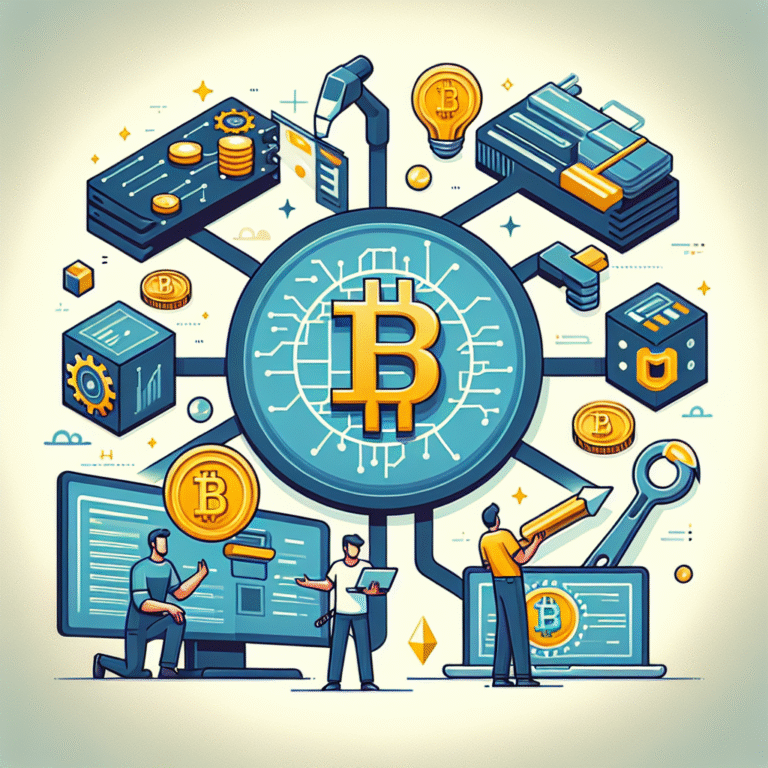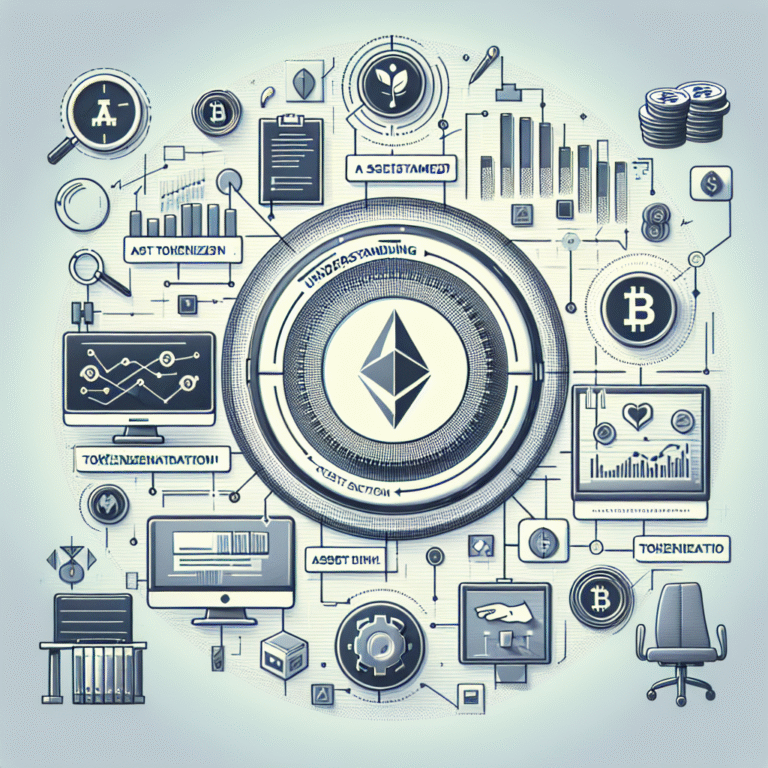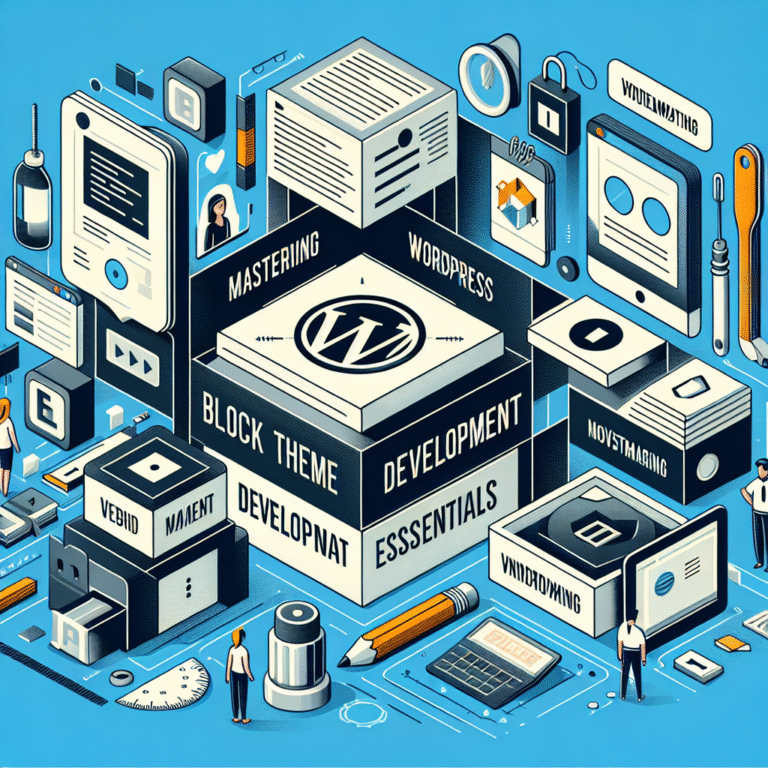Ever wondered why blockchain developers for hire are so hard to find? The numbers tell an interesting story – companies just need 517% more blockchain developers compared to previous years.
Businesses of all sizes struggle to find qualified blockchain talent. Technical complexity makes the hiring process tough. The digital world keeps changing faster, and competition for skilled developers is fierce. Your search for blockchain developers needs more than just understanding their job description. You should know the best places to find them, ways to assess their skills, and the right compensation packages.
The good news? This complete guide will help you through the process. You’ll learn everything – from picking the right type of blockchain developer to running effective technical assessments. On top of that, you’ll get current cost details from different regions and hiring models that’ll help you make smart decisions.
This expert guide gives you the knowledge and strategies you need to succeed in 2025. It doesn’t matter if you want to hire one developer or build an entire blockchain team.
Understanding the Role of a Blockchain Developer
Blockchain developers build and maintain the technical infrastructure that powers decentralized applications and networks. These specialists create systems that work without central authorities and rely on distributed consensus and cryptographic security, unlike traditional software engineers.
What blockchain developers actually do
These developers do more than just code – they create secure, transparent, and permanent digital environments. Their daily work covers designing system architecture, developing and testing smart contracts, and setting up security measures to protect against cyber threats.
Most blockchain developers spend their time:
- Writing and deploying smart contracts that automatically execute when conditions are met
- Building decentralized applications (dApps) that operate on blockchain networks
- Implementing wallet integrations and managing transaction flows
- Optimizing for performance and transaction costs
- Creating secure key management systems and APIs for blockchain interaction
These professionals combine technical expertise with problem-solving skills. They monitor network performance, fix issues, and keep up with faster evolving blockchain technologies. Blockchain developers also cooperate with cross-functional teams to turn business requirements into technical solutions.
Types of blockchain developers: core, software, full-stack
The blockchain development field splits into three main specializations:
Core blockchain developers design and maintain the fundamental architecture of blockchain systems. They develop consensus protocols (like Proof of Work or Proof of Stake), implement security features, and manage the entire network’s operation. They work with low-level programming languages such as C++, Java, GO, or Rust to create the foundation for other developers.
Blockchain software developers create applications on existing blockchain platforms. They handle front-end and back-end development, create and implement smart contracts, and develop APIs for blockchain integration. These developers make blockchain technology available and functional for end-users.
Full-stack blockchain developers have both core and application development expertise. Their complete knowledge helps them build end-to-end blockchain solutions, making them valuable especially when you have businesses looking for complete blockchain implementations.
Common use cases: DeFi, NFTs, supply chain, and more
Blockchain technology has spread across many industries, solving real-life challenges in innovative ways:
Financial services lead blockchain adoption. Applications range from decentralized finance (DeFi) platforms that enable peer-to-peer lending to tokenized bonds that streamline settlement processes. MakerDAO shows this trend with its popular DeFi platform.
Supply chain management benefits from blockchain’s permanent record-keeping. Walmart uses blockchain solutions to track products, while De Beers utilizes blockchain to verify ethical diamond sourcing.
Healthcare systems utilize blockchain for secure patient data management. Guardtime built a blockchain-based system for Estonia’s national health service that gives medical records integrity.
Real estate modernizes through blockchain applications that aid digital property transactions and asset tokenization. Prada uses “digital twin” NFTs to establish product authenticity from factory to shop.
Non-fungible tokens (NFTs) take blockchain beyond finance by creating verifiable digital ownership for art, collectibles, and supply chain tracking. Premium brands like LVMH and Prada use “digital twin” NFTs to establish product authenticity from factory to shop.
The job market for blockchain developers keeps growing. The US Bureau of Labor Statistics projects a 17% growth in software development jobs between 2023 and 2033—this is a big deal as it means that the average 4% growth rate for all occupations. This reliable demand shows in compensation, with Glassdoor reporting an average salary of $147,000 per year for blockchain developers in the United States.
Key Skills to Look for When You Hire Blockchain Developers
Blockchain projects succeed when developers combine technical expertise with soft skills. Finding qualified talent means looking beyond simple programming skills to specialized blockchain competencies.
Smart contract development and testing
Smart contracts are the foundations of most blockchain applications. They automate transactions and agreements without middlemen. Smart contract developers need to write, test, and deploy secure code. The best candidates show expertise in languages like Solidity (for Ethereum) or Rust (for Solana). They should also master development frameworks such as Truffle and Hardhat.
Good developers test smart contracts extensively before deployment. They use automated frameworks, run security audits, and optimize gas efficiency. Smart contracts can’t change once deployed. Developers must catch vulnerabilities like reentrancy attacks, overflow issues, and access control problems early.
Knowledge of blockchain platforms (Ethereum, Solana, etc.)
Great blockchain developers understand various blockchain protocols and their features deeply. They must know leading platforms like Ethereum, Hyperledger, and Ripple inside out. Each platform has unique protocols and features needed to build reliable solutions.
Ethereum specialists should know development frameworks like Truffle and Hardhat. Developers on newer platforms might need Python-based smart contracts or specialized languages like Move (for Aptos and Sui). They should know which blockchain fits specific project needs best.
Cryptography and security fundamentals
Cryptography keeps blockchain secure. Developers need a solid grasp of cryptographic principles like hash functions, digital signatures, and public-key cryptography. These skills help create secure transactions, wallets, and data privacy features.
Security matters throughout development. Strong candidates know about:
- Smart contract vulnerability assessment
- Key storage and management best practices
- Transaction signing approaches
- Access control implementation
- State consistency verification
Experience with consensus mechanisms
Consensus algorithms keep blockchain networks running smoothly. They make sure all nodes agree on the current ledger state. Developers should know different consensus mechanisms like Proof of Work (PoW), Proof of Stake (PoS), and Practical Byzantine Fault Tolerance (PBFT).
This knowledge helps build systems that balance security, decentralization, and scalability. Each consensus model affects speed, energy use, and security differently. Developers pick the right mechanisms based on what their project needs.
Soft skills: communication and problem-solving
Technical skills alone won’t guarantee success. Clear communication helps explain complex ideas to stakeholders, document code for team members, and contribute to technical discussions effectively.
Problem-solving goes beyond code. The best blockchain developers think analytically and creatively to solve new challenges. They work well with product managers, designers, and business analysts. Look for candidates who can explain blockchain concepts simply and work well in teams. Great blockchain developers combine deep technical knowledge with strong people skills.
How to Hire a Blockchain Developer Step-by-Step
A strategic approach helps you find qualified blockchain talent. The right developer can make your project succeed or lead to pricey delays. Let me share a proven framework to help you hire blockchain developers.
Define your project scope and goals
Clear project requirements are the foundations of successful blockchain recruitment. You need to decide if you want a core blockchain developer, blockchain software developer, or full-stack specialist. Your specific blockchain use case will guide this choice – whether you’re building a DeFi platform, launching an NFT collection, or implementing supply chain tracking.
A detailed project scope should include:
- Technical requirements and platform priorities (Ethereum, Solana, etc.)
- Timeline and budget constraints
- Security and compliance needs
- Key deliverables and success metrics
This clarity helps you avoid scope creep and keeps all stakeholders aligned with the same vision. A well-laid-out scope lets you target developers with relevant experience instead of just general blockchain knowledge.
Choose the right hiring model (freelance, in-house, agency)
Your project needs will determine which hiring model works best:
In-house developers give you consistency and deep integration with your team. This model works best for long-term projects or when building core products. The trade-off is higher costs and longer recruitment timelines.
Freelance blockchain developers bring flexibility and budget-friendly solutions for short-term or project-based work. Recent surveys show 67% of companies prefer fixed-price engagement models when hiring remote blockchain developers because it makes budgets predictable.
Development agencies give you access to pre-vetted teams with diverse skill sets and often reduce overhead costs while maintaining quality standards. Mid-sized projects benefit from this balance of expertise and scalability.
Where to find blockchain developers
You’ll find qualified blockchain talent through multiple channels:
- Specialized job boards: CryptoJobsList, BlockchainJobs, and Web3.career
- Developer communities: GitHub, Stack Overflow, and blockchain-specific forums
- Networking events: Blockchain conferences and technical meetups
- Universities: Institutions with strong computer science programs
- Freelance platforms: Upwork, Toptal, and blockchain-specific marketplaces
How to shortlist and screen candidates
Start your screening with portfolio evaluation. Check the candidate’s GitHub repositories, deployed smart contracts, and previous blockchain projects. Look for experience with platforms like your project requirements.
Technical assessments should focus on:
- Smart contract development and auditing
- Problem-solving in blockchain scenarios
- Security implementation knowledge
Interview questions to ask blockchain developers
Mix technical evaluation with soft skills assessment in your interviews. Ask questions like:
- “How do you ensure security and privacy in blockchain solutions?”
- “Describe your approach to smart contract development and testing”
- “Explain your understanding of consensus mechanisms with examples”
- “How do you handle blockchain forks or platform upgrades?”
- “Can you discuss your experience with blockchain scalability solutions?”
Being organized and structured will boost your chances of finding the perfect blockchain developer for your needs.
Cost to Hire Blockchain Developers in 2025
Hiring blockchain talent in 2025 depends on many key factors that affect costs. A realistic budget needs to account for these variations.
Hourly and monthly rates by region
Location plays a big role in blockchain developer rates. North American developers charge the highest at $90-$150 per hour, while Western European rates range from $70-$110 hourly. Eastern European talent provides budget-friendly options between $45-$80 per hour. Asia-Pacific developers’ rates typically fall between $40-$70 hourly. Latin American developers charge between $50-$85 per hour.
US-based blockchain developers earn around $146,250 yearly. Entry-level positions start at $121,000, and experienced developers can make up to $187,000.
Freelancer vs. full-time vs. agency costs
Each hiring approach comes with its own cost structure:
- Freelancers: Rates range from $40-$150 hourly based on expertise, which works well for short-term projects
- In-house developers: US salaries range from $110,000-$180,000 yearly plus 25% overhead
- Dedicated remote teams: Cost between $6,000-$12,000 per developer monthly
- Agencies: Small-class firms charge $90-$160 hourly, while enterprise-class agencies can charge over $400 hourly
Cost factors: experience, complexity, and tech stack
Experience level drives most cost differences. Mid-career developers (3-5 years experience) earn between $140,000-$165,000 yearly. Technical expertise in specific platforms affects rates too – specialists in Rust/Substrate or ZK-SNARKs command higher prices.
Project complexity affects costs significantly. Applications with multiple stakeholders, advanced smart contracts, or custom consensus mechanisms need larger investments.
Budgeting tips for startups and enterprises
Here’s how to keep blockchain development costs in check:
- Look at outsourcing to regions with competitive rates without compromising quality
- Set aside funds for formal security audits ($10,000-$50,000)
- Budget for gas optimization and compliance costs
- Define project scope clearly to reduce costs by up to 20%
- Split projects into smaller milestones to estimate costs better
Skimping on security expertise can lead to disasters in blockchain development.
How to Evaluate Blockchain Developers Before Hiring
Finding the right blockchain developer needs more than just technical interviews. A comprehensive strategy helps you spot genuine talent.
Conducting coding tests and technical assessments
Start with specialized blockchain developer tests that show expertise in smart contract development, blockchain fundamentals, and cryptography. Good assessments should cover decentralized storage, hashing algorithms, protocols, and platform-specific knowledge like Ethereum and Hyperledger Fabric. The process should challenge candidates with scenario-based problems that involve smart contract failures to see their logical reasoning and troubleshooting skills.
Reviewing GitHub and past projects
A candidate’s GitHub repositories and open-source contributions tell a story. Their portfolio should show experience in different blockchain areas—from dApps to supply chain solutions—which proves adaptability. Projects should match your business’s goals and show clean, well-documented, and efficient code.
Testing for security and smart contract vulnerabilities
Security expertise cannot be compromised. Yes, it is essential that candidates show their knowledge of cryptographic principles, including hashing algorithms and asymmetric encryption methods. They must understand common vulnerabilities like reentrancy attacks and front-running. To name just one example, see how they would implement multi-signature schemes or audit smart contracts for vulnerabilities.
Assessing communication and collaboration skills
The candidate’s ability to explain complex blockchain concepts to non-technical stakeholders matters. Ask them to give a brief technical explanation for a non-technical audience. Their experience should include work with cross-functional teams on blockchain projects.
Conclusion
Finding qualified blockchain developers is tough, even as the need for this specialized talent grows. The detailed strategies above give you the tools to find, assess, and bring top blockchain professionals to your projects. Your innovative blockchain solutions need a perfect mix of technical expertise and soft skills.
Of course, your hiring success largely depends on clear project requirements before you start recruiting. This helps you match candidates who have relevant experience instead of those with just basic blockchain knowledge. The right hiring model—freelance, in-house, or agency—shapes your project outcomes and budget plans.
Blockchain development costs vary based on region, experience level, and project complexity. Smart budgeting should cover not just development but also vital security audits and compliance measures. Skipping on security expertise often results in devastating outcomes for blockchain projects.
Take your time with the assessment process. Full technical reviews, portfolio checks, and security knowledge verification help you spot truly qualified candidates. This piece gives you the knowledge and tools to build your blockchain dream team. Your organization will be ready to excel in the digital world of 2025 and beyond.
Key Takeaways
Successfully hiring blockchain developers in 2025 requires strategic planning, thorough evaluation, and realistic budgeting to secure the specialized talent driving today’s decentralized innovations.
• Define project scope clearly before hiring – specify whether you need core, software, or full-stack blockchain developers to match candidates with relevant experience
• Blockchain developer costs vary dramatically by region: $90-$150/hour in North America, $45-$80/hour in Eastern Europe, with annual salaries averaging $146,250 in the US
• Prioritize security expertise and smart contract proficiency – assess candidates’ knowledge of cryptography, vulnerability testing, and platform-specific skills like Solidity or Rust
• Use multi-channel recruitment strategies including specialized job boards, GitHub portfolios, and blockchain communities to find qualified talent in this competitive market
• Implement comprehensive evaluation processes combining technical assessments, portfolio reviews, and communication skills testing to identify truly qualified blockchain professionals
The blockchain developer shortage means competition is fierce, but following these proven strategies will significantly improve your chances of building a successful blockchain development team.
FAQs
Q1. What is the average cost to hire a blockchain developer in 2025? The cost varies depending on experience and location. Entry-level developers typically charge $41-$60 per hour, mid-level developers $60-$100 per hour, and senior developers with deep protocol knowledge can command $100-$150+ per hour.
Q2. What is the average salary for blockchain developers in the United States? As of 2025, the average annual salary for blockchain developers in the United States is approximately $146,250. This translates to roughly $53.77 per hour or $9,320 per month.
Q3. Is blockchain development still a viable career path in 2025? Yes, blockchain development remains a promising career in 2025. The field continues to expand with increasing demand across various sectors including finance, technology, and startups. The high average salary reflects the specialized expertise required in this field.
Q4. What skills should I look for when hiring a blockchain developer? Key skills include smart contract development, knowledge of blockchain platforms like Ethereum or Solana, cryptography fundamentals, experience with consensus mechanisms, and strong problem-solving abilities. Additionally, look for candidates with good communication skills and the ability to explain complex concepts clearly.
Q5. How can I evaluate a blockchain developer’s expertise before hiring? Evaluate candidates through coding tests focused on blockchain fundamentals and smart contract development. Review their GitHub repositories and past projects for relevant experience. Assess their understanding of security principles and ability to identify smart contract vulnerabilities. Finally, evaluate their communication skills and ability to work in cross-functional teams.




